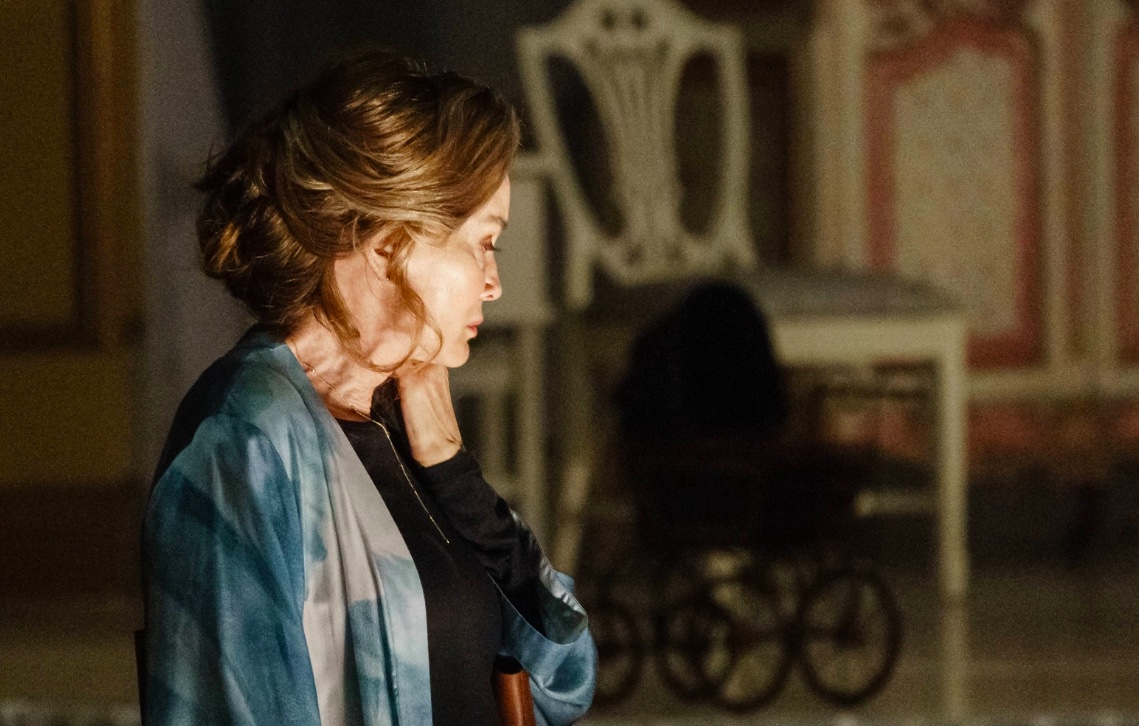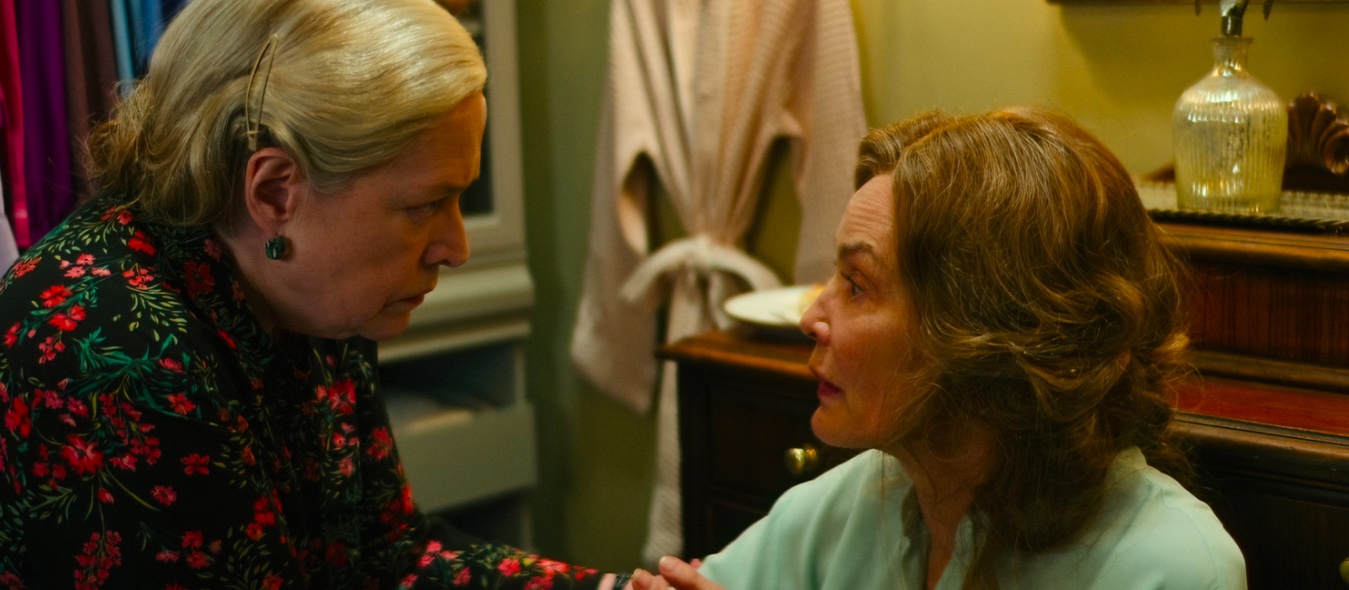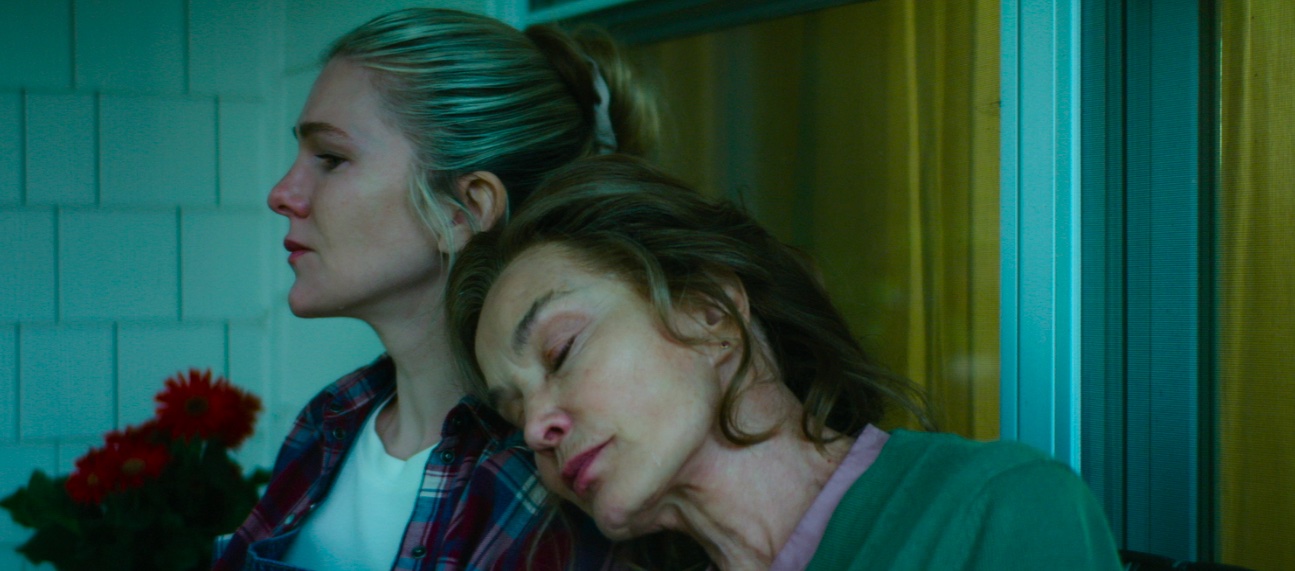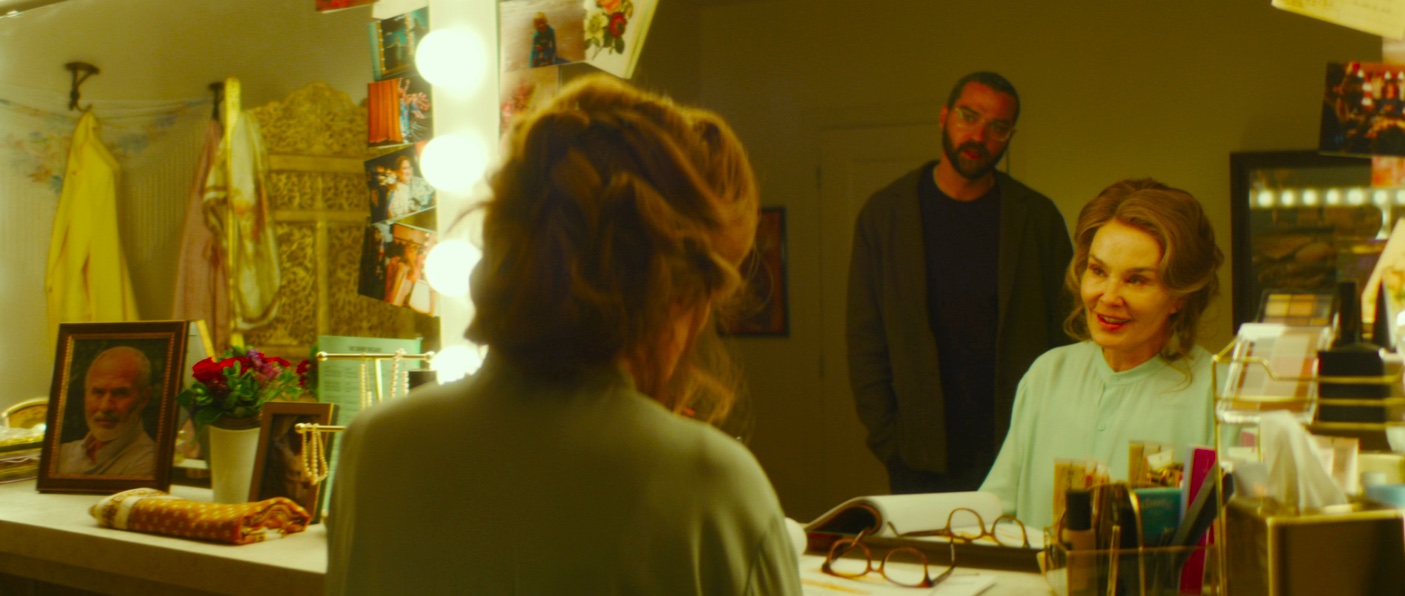In HBO’s ‘The Great Lillian Hall,’ Jessica Lange plays the role of the veteran Broadway actress who finds her mind coming apart at the seams when she is hit by dementia. During the rehearsals for the play, Lillian starts to forget her lines, and with the problem only escalating, the show’s producers wonder if the actress will be able to pull off the show on opening night, which is just around the corner. Any lesser actor would have given up, said goodbye to their career, and let someone else take center stage, but for Lillian, theatre is everything. So, she gives it her all and, in the end, delivers an incredible performance. But that doesn’t change what the future has in store for her.
The Cherry Orchard Becomes Lillian Hall’s Last Performance

Lillian lived and breathed theatre her entire life, always prioritizing it over everything else, including her only daughter. So, it made sense that she was left reeling when she discovered she couldn’t be a part of that world anymore. The theatre and the people there felt more like family to her than her own daughter, and it was deeply ingrained in her that it felt impossible for her to live without it, but it was clear that she would have to find a way to live with it.
After she frequently forgets her lines and disrupts the rehearsals, she is told to go see a doctor at the director’s behest. This is where she finds out that she has Lewy body dementia, the signs of which started showing up two years prior to her diagnosis. This means that with time, she would lose grip on her memory, thoughts, and movements until the illness finally consumes her. This is the path set out for her, and because there is no cure for the condition, she will eventually have to walk down it and meet her end, but it does not happen immediately.

In the film, we find two journalists who are following the rehearsals and conducting interviews, with more focus on Lillian and her swan song. It doesn’t start out that way because, in the beginning, no one is aware of Lillian’s dementia because she keeps it a secret till the very end, even though people start to get suspicious. It is after the show, which turns out to be a success that the secret is revealed, and this is when we assume the journalists change their approach and are more focused on covering Lillian’s illness and how it impacted her final days in theatre.
Because Lillian herself appears in these interviews, it is safe to assume that they take place soon after her final performance. By now, everyone knows what was going on with her, and everything is seen in retrospect, with the interviewers even asking Lillian when she first felt the symptoms of her illness. Throughout the interviews, she appears lucid and answers all the questions, but it is the final frame that captures our attention.

Following the performance, the scene cuts between the actors taking a bow and Margaret talking about how her mother, despite all odds, gave the performance of a lifetime with the help of Edith and the rest of the actors. Following her, we see a shot of Lillian for the interview. She doesn’t say anything but seems to be overwhelmed by emotions. Considering that she is thinking about her final performance and the fact that she will never return to the theatre again, that she has said goodbye to the place she gave her youth and her life to (much like the heroine of ‘The Cherry Orchard,’ a fitting choice for her final play), it makes sense that she is emotional and at a loss of words. But this might also point towards the confusion and the fogginess that she had started to struggle with at the beginning of the film. This might as well be the final shot of the documentary because, following it, Lillian would probably not have been in the state to talk coherently.
In the end, we find Lillian taking a bow. She is joined by her husband, and they dance together before they fade, and we see an empty theatre. This confirms that Lillian did pass away. Since her illness started to get a hold of her, she had been prone to hallucinations of her late husband, with whom she shared a passion for the theatre. The more the illness invaded her brain, the clearer her husband became, and the real world faded into the background, which is why it isn’t so difficult to believe that she would see her husband while on the precipice of death and be led by him to the other side. Because she considered the theatre her real home, this is where she sees herself (instead of her own home or her daughter’s or any other location), taking the final bow and departing her mortal coil.
Read More: The Great Lillian Hall: Is the Movie Based on True Events?


You must be logged in to post a comment.